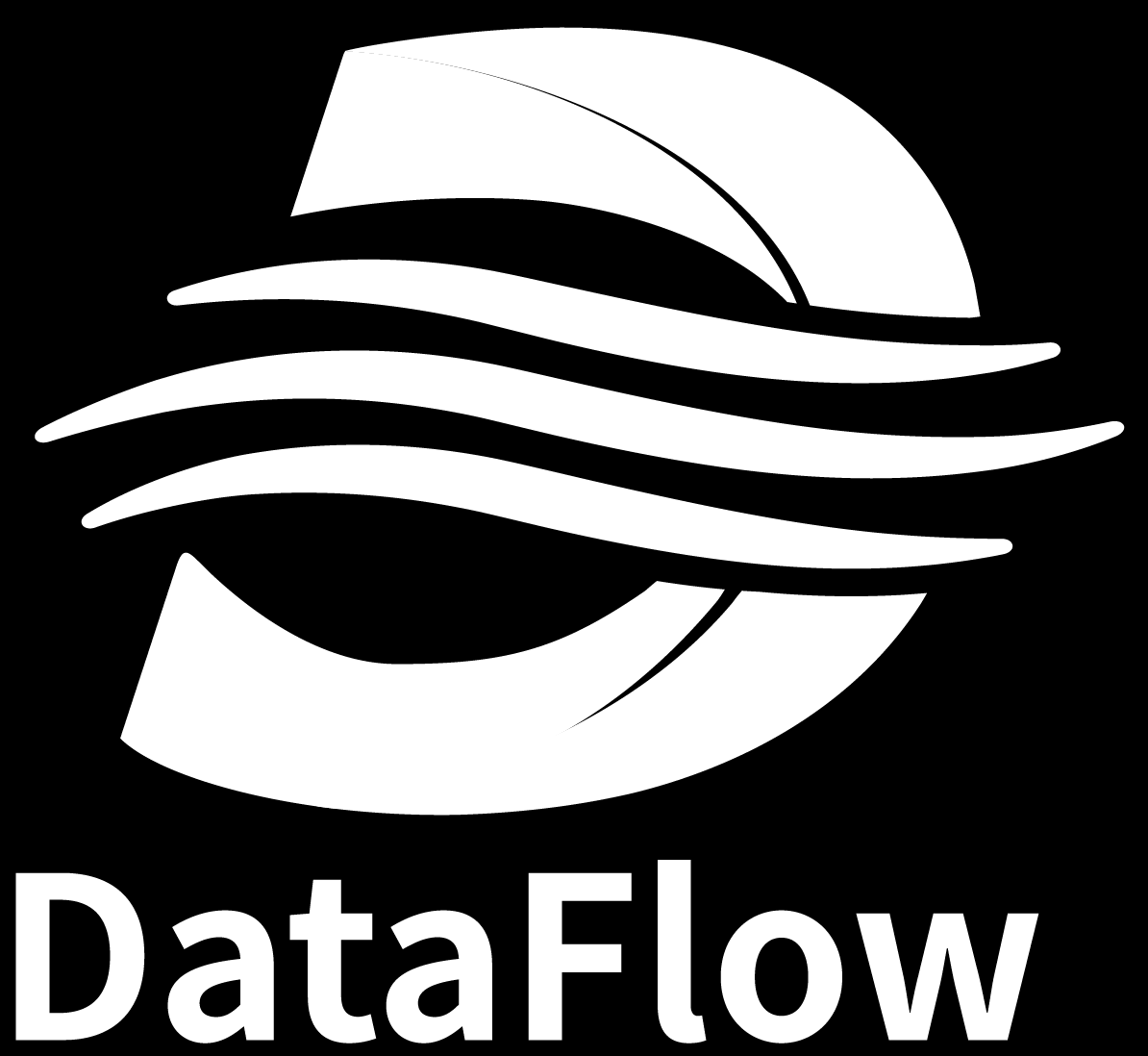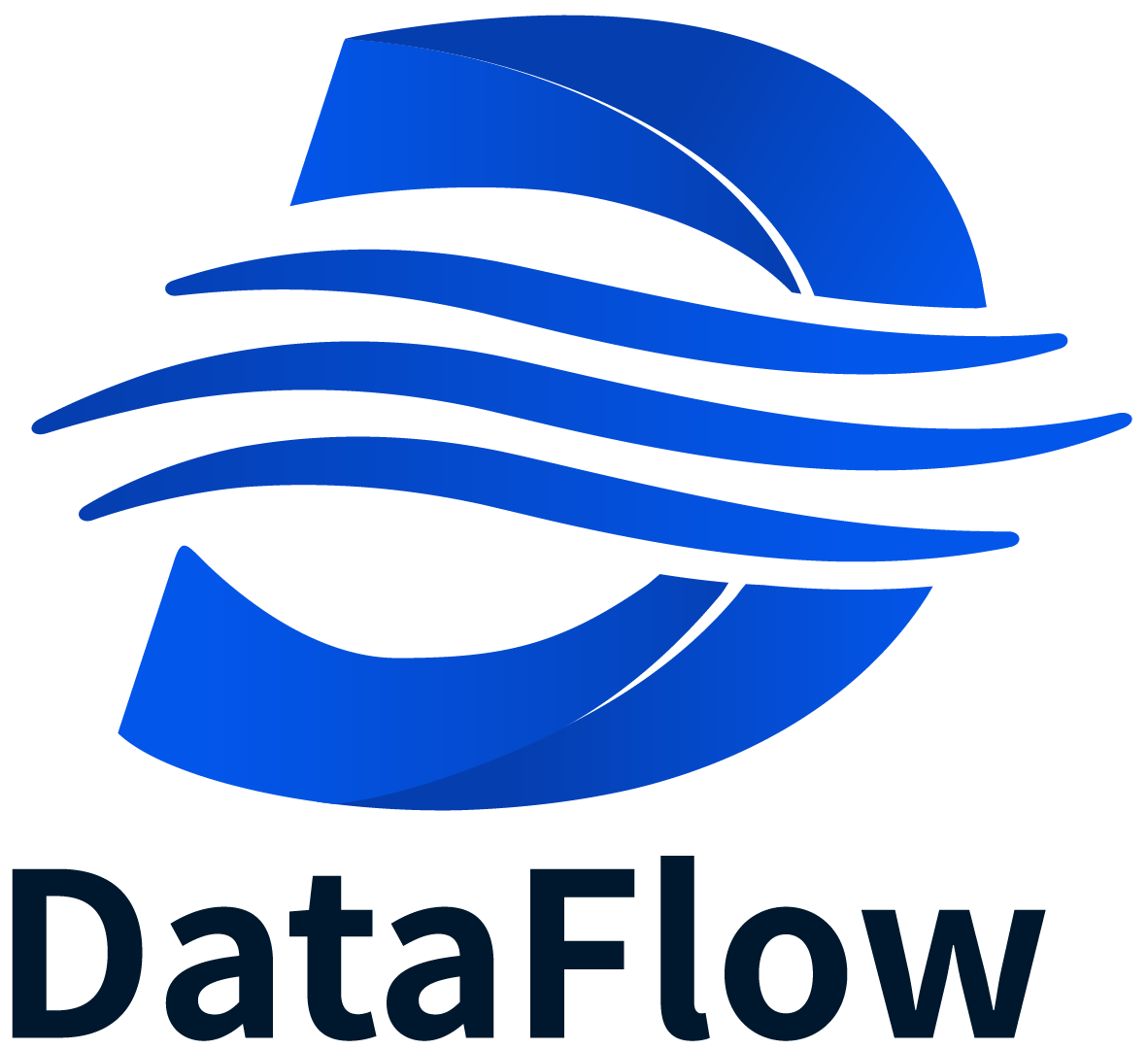PDF2QA Operators
About 1215 wordsAbout 4 min
2025-06-24
Overview
The PDF2QA Operator is designed for knowledge extraction, organization, and refinement for downstream tasks such as RAG, RARE, and RAFT. It mainly includes: Knowledge Extractor Operator, Corpus Text Splitter Operator, Knowledge Cleaner Operator and Multi-Hop QA Generation Operator. These operators can be used to process various raw file formats and crawl web content from specific URLs, organizing this textual knowledge into readable, easy-to-use, and secure RAG knowledge bases.
The operator notation in this document inherits from Reasoning Operators. 🚀 Independent Innovation: Core algorithms are originally developed, either filling gaps in existing algorithms or further improving performance to break through current bottlenecks.
✨ Open-Source Premiere: The operator is integrated into mainstream community frameworks for the first time, making it more accessible to developers and promoting open-source sharing.
PDF2QA Operator
The PDF2QA Operator can perform extraction, organization, and cleaning tasks for multiple heterogeneous text knowledge sources.
| Name | Applicable Type | Description | Official Repository/Paper |
|---|---|---|---|
| FileOrURLToMarkdownConverterFlash🚀🚀✨ | Knowledge Extraction | This operator is used to extract various heterogeneous text knowledge into Markdown format for easy subsequent processing. (Based on Flash-MinerU) | Flash-MinerU |
| FileOrURLToMarkdownConverterAPI🚀✨ | Knowledge Extraction | This operator is used to extract various heterogeneous text knowledge into Markdown format for easy subsequent processing. (Based on MinerU Official API) | MinerU |
| FileOrURLToMarkdownConverterLocal✨ | Knowledge Extraction | This operator is used to extract various heterogeneous text knowledge into Markdown format for easy subsequent processing. (Based on MinerU) | MinerU |
| KBCChunkGenerator✨ | Corpus Segmentation | This operator provides multiple methods to split full texts into appropriately sized segments for subsequent operations like indexing. | - |
| KBCTextCleaner🚀✨ | Knowledge Cleaning | This operator uses LLM to clean organized raw text, including but not limited to normalization and privacy removal. | - |
| Text2MultiHopQAGenerator🚀✨ | Knowledge Paraphrasing | This operator uses a three-sentence sliding window to paraphrase cleaned knowledge bases into a series of multi-step reasoning QAs, which better facilitates accurate RAG reasoning. | MIRAID |
Operator Interface Usage Instructions
Specifically, for operators that require specified storage paths or model invocations, we provide encapsulated model interfaces and storage object interfaces. You can define an LLM API interface in the following way:
from dataflow.llmserving import APILLMServing_request
api_llm_serving = APILLMServing_request(
api_url="https://api.openai.com/v1/chat/completions",
model_name="gpt-4o",
max_workers=100
)You can define a local LLM service interface as follows:
from dataflow.llmserving import LocalModelLLMServing
local_llm_serving = LocalModelLLMServing_vllm(
hf_model_name_or_path="/data0/models/Qwen2.5-7B-Instruct",
vllm_max_tokens=1024,
vllm_tensor_parallel_size=4,
vllm_gpu_memory_utilization=0.6,
vllm_repetition_penalty=1.2
)You can predefine a storage interface for operators in the following way:
from dataflow.utils.storage import FileStorage
self.storage = FileStorage(
first_entry_file_name="your_file_path",
cache_path="./cache",
file_name_prefix="dataflow_cache_step",
cache_type="jsonl", # jsonl, json, ...
)For each operator, the following sections will detail its invocation methods and parameter lists.
Detailed Operator Specifications
1. FileOrURLToMarkdownConverter
Functional Description:
The FileOrURLToMarkdownConverterBatch operator is a versatile document processing tool that supports extracting structured content from multiple file formats and converting it to standard Markdown format. This operator integrates multiple professional parsing engines to achieve high-precision document content conversion. Code: FileOrURLToMarkdownConverterBatch
Input Parameters:
__init__()intermediate_dir: Intermediate file output directory (default: "intermediate")lang: Document language (default: "ch" for Chinese)mineru_backend:mineru backend(default:vlm_vllm_engine)
run()storage: Data flow storage interface object (required)
Key Features:
- Multi-format Support
- PDF Documents:
- Uses MinerU parsing engine to extract text/tables/formulas
- Supports three parsing modes: auto/TXT/OCR
- Preserves original document layout structure
- Web Content:
- Uses trafilatura to extract main content
- Automatically filters irrelevant elements like ads
- Maintains hyperlinks and basic formatting
- Plain Text:
- Directly passes through TXT/MD files
- No additional processing
- PDF Documents:
Advanced Features:
- Automatic language detection (Chinese/English)
- Supports both local files and URL inputs
- Comprehensive error handling and logging
Usage Example:
self.knowledge_cleaning_step1 = FileOrURLToMarkdownConverterBatch(
intermediate_dir="../example_data/KBCleaningPipeline/raw/",
lang="en",
mineru_backend="vlm-vllm-engine",
)
self.knowledge_cleaning_step1.run(
storage=self.storage.step(),
# input_key=,
# output_key=,
)2. KBCChunkGenerator
Functional Description: KBCChunkGenerator is an efficient and flexible text chunking tool specifically designed for processing large-scale text corpora. This operator supports multiple chunking strategies to intelligently segment text for various NLP tasks, with special optimization for RAG (Retrieval-Augmented Generation) applications. Code:KBCChunkGenerator
Input Parameters:
__init__()chunk_size: Chunk size (default: 512 tokens)chunk_overlap: Overlap size between chunks (default: 50 tokens)split_method: Chunking method (token/sentence/semantic/recursive)min_tokens_per_chunk: Minimum chunk length (default: 128 tokens)tokenizer_name: Tokenizer name (default:"bert-base-uncased")
run()storage: Data flow storage interface objectinput_file: Input file pathoutput_key: Output field name (default:"raw_content")
Key Features:
- Multi-mode Chunking
- Token-based: Precise chunking using tokenizer
- Sentence-based: Preserves sentence integrity
- Semantic-based: Segments at semantic boundaries
- Recursive: Multi-granularity intelligent segmentation
- Smart Processing
- Auto-detects input file formats (TXT/JSON/JSONL/MD/XML)
- Dynamically adjusts chunking strategy for different text lengths
- Built-in token counting and length validation
- Supports automatic sharding for large files
- Output Control
- Configurable chunk overlap
- Ensures minimum chunk length
- Preserves original text structure
- Generates chunked results with metadata
Usage Example:
text_splitter = KBCChunkGenerator(
split_method="token",
chunk_size=512,
tokenizer_name="Qwen/Qwen2.5-7B-Instruct",
)
text_splitter.run(
storage=self.storage.step(),
input_file=extracted,
output_key="raw_content",
)3. KBCTextCleaner
Functional Description: KBCTextCleaner is a professional knowledge cleaning operator specifically designed for standardizing raw content in RAG (Retrieval-Augmented Generation) systems. By leveraging large language model interfaces, it intelligently cleans and formats unstructured knowledge to enhance the accuracy and readability of knowledge bases. Code:KBCTextCleaner
Input Parameters:
__init__()llm_serving: Large language model service interface (required)lang: Processing language (default: "ch" for Chinese)
run()storage: Data flow storage interface objectinput_key: Input field name (default: "raw_content")output_key: Output field name (default: "cleaned")
Core Features:
- Content Cleaning
- Removes redundant HTML/XML tags while preserving semantic tags (table/code/formula) and meaningful attributes
- Standardizes text formatting: normalizes quotes (" "), unifies dashes (-), converts ellipses, preserves technical symbols (<< >>)
- Processes hyperlinks: removes wrapper markup while preserving display text and footnote URLs
- Structure Optimization
- Preserves original paragraph/list line breaks
- Maintains code/quote indentation levels
- Compresses consecutive empty lines (max 2 lines)
- Marks incomplete code blocks
- Quality Assurance
- Zero modification of factual content
- Protection of professional terminology
- Preservation of table structures
- Privacy data anonymization
Usage Example:
knowledge_cleaner = KBCTextCleaner(
llm_serving=api_llm_serving,
lang="en"
)
knowledge_cleaner.run(
storage=self.storage.step(),
input_key= "raw_content",
output_key="cleaned",
)4. TextMultiHopQAGenerator
Function Description: TextMultiHopQAGenerator is a professional multi-hop QA pair generation operator, specifically designed to automatically generate question-answer pairs requiring multi-step reasoning from text data. Through its large language model interface, this operator performs intelligent text analysis and complex question construction, making it suitable for building high-quality multi-hop QA datasets. Code:Text2MultiHopQAGenerator
Input Parameters:
__init__()
llm_serving: Large language model service interface (required)seed: Random seed (default 0)lang: Processing language (default "en" for English)num_q: max QA count for each chunk(default 5)run()storage: Data flow storage interface objectinput_key: Input field name (default "cleaned")output_key: Output field name (default "MultiHopQA")
Core Features:
Text Preprocessing
- Automatic cleaning of invalid characters and whitespace
- Length validation (100-200,000 characters)
- Quality verification (sentence completeness, special character ratio)
Information Extraction
- Intelligent segmentation of text into semantic units
- Construction of premise-intermediate-conclusion triples
- Extraction of relevant contextual information
QA Generation
- Large language model-based multi-hop question construction
- Automatic generation of reasoning steps and supporting facts
- Output of structured QA pairs (JSON format)
Quality Control
- Complexity scoring system (0.0-1.0)
- Automatic deduplication mechanism
- Error recovery and logging
Usage Example:
self.knowledge_cleaning_step4 = Text2MultiHopQAGenerator( llm_serving=self.llm_serving, lang="en", num_q = 5 ) self.knowledge_cleaning_step4.run( storage=self.storage.step(), # input_key=, # output_key=, )

